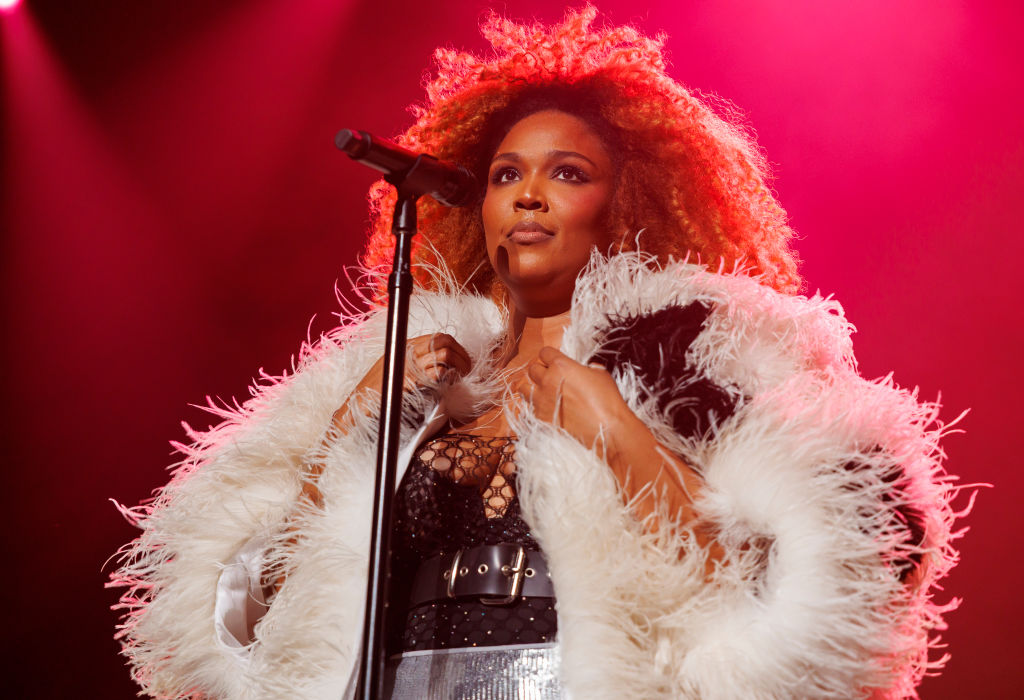Black women artists have continually pushed boundaries in the music industry, blending genres and defying expectations. Yet, despite their immense talent and creativity, many face obstacles when attempting to release music that deviates from the mainstream image crafted by their labels. Recent revelations from artists like Lizzo, SZA, and Mariah Carey highlight the industry’s reluctance to embrace their full artistic range.
Lizzo: A Rapper at Heart
Lizzo, known for her powerhouse vocals and flute skills, recently surprised fans by dropping a rap verse on the viral track “Whim Whamiee.” The performance showcased her lyrical prowess and reminded listeners of her roots in rap. However, when fans clamored for more, Lizzo disclosed that her label restricts her from releasing her rap songs.
“I wish I could put out the rap songs I’ve made like this,” Lizzo shared on TikTok, expressing her frustration with label constraints.
SZA: Yearning for Punk Rock
SZA, the soulful voice behind hits like “Good Days” and “Kill Bill,” has long expressed a desire to explore punk rock. Despite teasing rock-influenced visuals and snippets, a full-fledged punk album has yet to materialize. In a since-deleted tweet, SZA lamented the lack of support from her label for such a project, highlighting the challenges Black women face when venturing outside traditional R&B and soul genres.
Mariah Carey: The Hidden Grunge Gem
Perhaps the most intriguing story comes from Mariah Carey, who, at the height of her fame in the mid-’90s, secretly recorded an alternative rock album titled “Someone’s Ugly Daughter” under the pseudonym “Chick.” Inspired by bands like Hole and Garbage, Carey used the project as an outlet to express her frustrations and explore a grittier sound.
“I was playing with the style of the breezy-grunge, punk-light white female singers who were popular at the time,” she said in her memoir, “The Meaning of Mariah Carey.” “I wanted to break free, let loose, and express my misery—but I also wanted to laugh.”
Despite her enthusiasm, the album was released with another vocalist, and Carey’s involvement remained hidden for years. Only recently has she expressed a desire to release the original recordings featuring her lead vocals.
The Industry’s Reluctance
These stories are not isolated incidents but reflect a broader industry pattern where Black women artists are often confined to specific genres deemed marketable. This limitation not only stifles their creativity but also deprives audiences of diverse and innovative music.
It’s imperative for the music industry to recognize and support the multifaceted talents of Black women artists. Allowing them to explore and release experimental projects can lead to groundbreaking work that resonates with a broader audience.
Fans and consumers can advocate for these artists by streaming their diverse works, attending their concerts, and voicing our support for their creative endeavors. By doing so, you can help pave the way for a more inclusive and innovative musical landscape.
